Education leaders, advocates, and policymakers interested in pushing more decision-making, budget flexibility, and ownership to the school level can hear lessons from Colorado’s first independently run innovation zone of public schools – thanks to a new case study and webcast discussion from Gates Family Foundation.
- Essay in The 74: Denver’s LLN Shows How Innovation Zones Can Work for Teachers, Students and Families (Mary Seawell, Gates Family Foundation, and Brett Alessi, Empower Schools)
- Essay in Chalkbeat: What We’ve Learned from Leading Schools in Denver’s LLN — and How We’ve Used Our Financial Freedom (Jen Jackson, Cole Arts & Science Academy, and Frank Coyne, Denver Green School)
- News from Chalkbeat: Denver Wants to Expand its Innovation Zone, Even as Big Money Questions Remain
The Luminary Learning Network (LLN) was conceived by a group of principals seeking more autonomy, and its creation required significant give and take between LLN leaders and Denver Public Schools (DPS) – a district already known nationally for its efforts to ensure families and students have access to a robust array of public school choices.
The “how it got built” story and highlights from the LLN’s first 18 months of operation are chronicled by award-winning journalist Alan Gottlieb in a new case study released this month by the Gates Family Foundation. On January 30, the Foundation also hosted a panel discussion featuring Denver Public Schools Superintendent Tom Boasberg, Board President Anne Rowe, Luminary Learning Network Executive Director Jessica Roberts, and others.
“The guiding vision was for radical empowerment of the educators closest to the students,” said Mary Seawell, Senior Vice President for Education with the Gates Family Foundation, which provided strategic partnership and support for the initiative. “Working with the district to answer fundamental questions – who gets to make decisions about new hires, schedules, curriculum, culture, and budget – led to some difficult conversations but also some ground-breaking outcomes.”
Quotes from the case study:
“Alan Gottlieb’s paper does an excellent job of describing the process by which the LLN came to be, as well as its first year of experience. It leaves us with some important questions, the answers to which will probably determine if the zone produces the improved outcomes its founders promise.”
– David Osborne, Progressive Policy Institute
“We have made a strong statement that more flexibility and autonomy is the direction we want to move. Implementing that at scale is incredibly messy, and is presenting huge challenges. I see this as an opportunity for us to learn about what I believe are the systems changes we need to be thinking about to be successful.”
– Anne Rowe, DPS Board President
“The traditional governance model of the school district – where the district is the governing entity responsible for setting all the practices, systems, and rules for all public schools, and then also is the operator of the majority of public schools – is one that has a lot of conflict in it…so it is worthwhile to think about other governance models that could allow for more continuity and more permanence, that are less subject to political vicissitudes, and that can generate innovation and quality.”
– Tom Boasberg, DPS Superintendent
“Many of the school leaders felt exposed and worried that they might be putting their jobs and careers at risk if they pushed the district too far. We saw an opportunity to help connect the dots between the situation we were observing here in Denver, and a new type of governance structure that other cities are using to push more autonomy and accountability to school leaders.”
– Mary Seawell, Vice President for Education, Gates Family Foundation
“From a school leader perspective, what is beautiful about the zone – and why the contractual relationship and independent governance is essential – is that urban education in general struggles to get out from in front of itself.”
– Zach Rahn, Principal, Ashley Elementary
“It needs to be inherent in a leader’s DNA to be entrepreneurial and a risk-taker…that really should be part of any good school leader, but certainly for someone who could work in an innovation school or zone.”
– Frank Coyne, Principal, Denver Green School
WHO SHOULD READ THE CASE STUDY:
- State policymakers interested in creating or leveraging laws that allow innovation zones to be used as a tool for increasing school/community-level autonomy, accountability, and student outcomes.
- School board members, district leaders, and school leaders interested in new models for school networks that push more decision-making, budget flexibility, and accountability to the school level.
- Education innovators from across the country interested in the latest “under the hood” story from Denver.

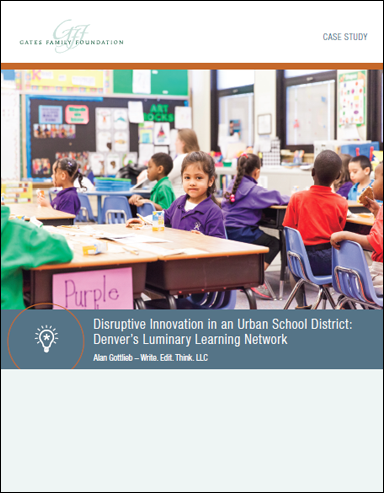

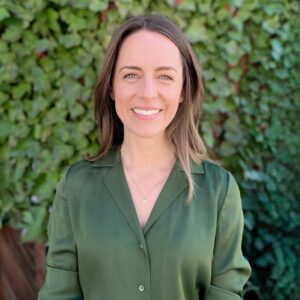
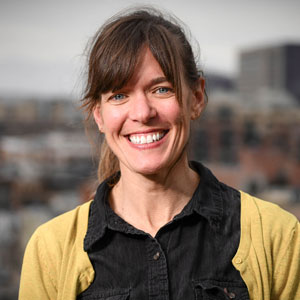
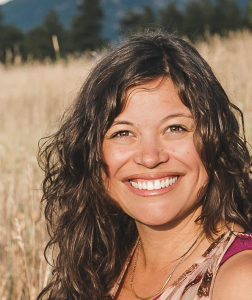
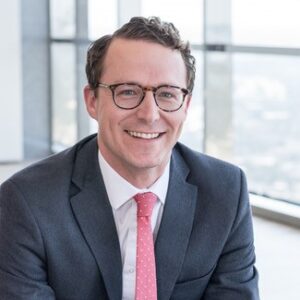

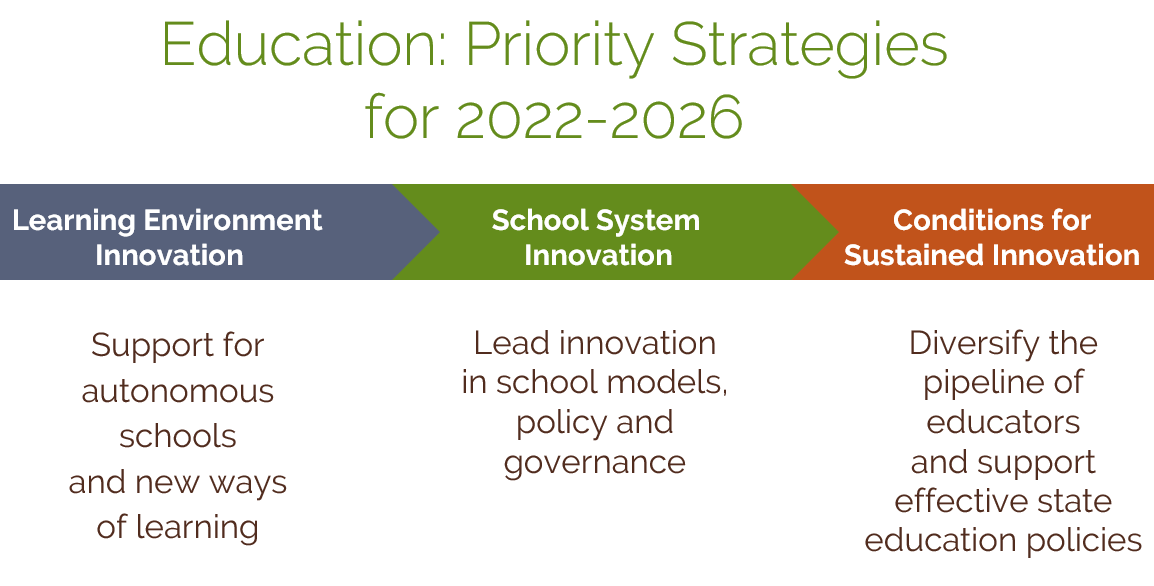
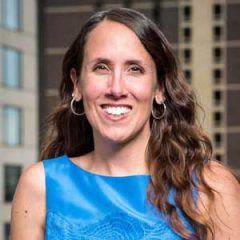
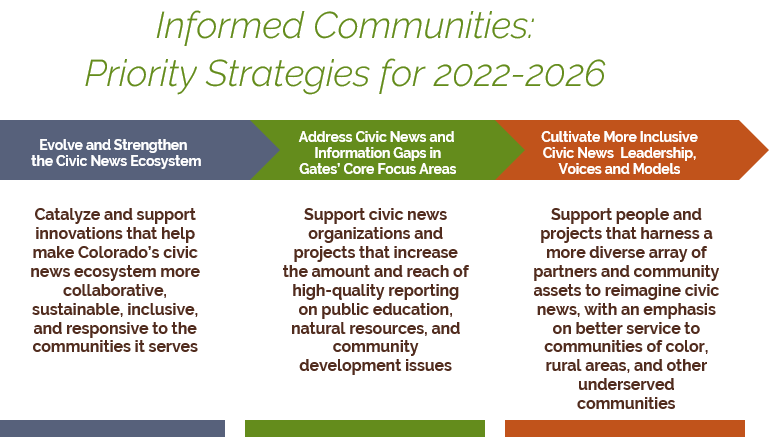
 Finally, also in 2023 a total of $410,956 previously committed by Gates to the
Finally, also in 2023 a total of $410,956 previously committed by Gates to the 
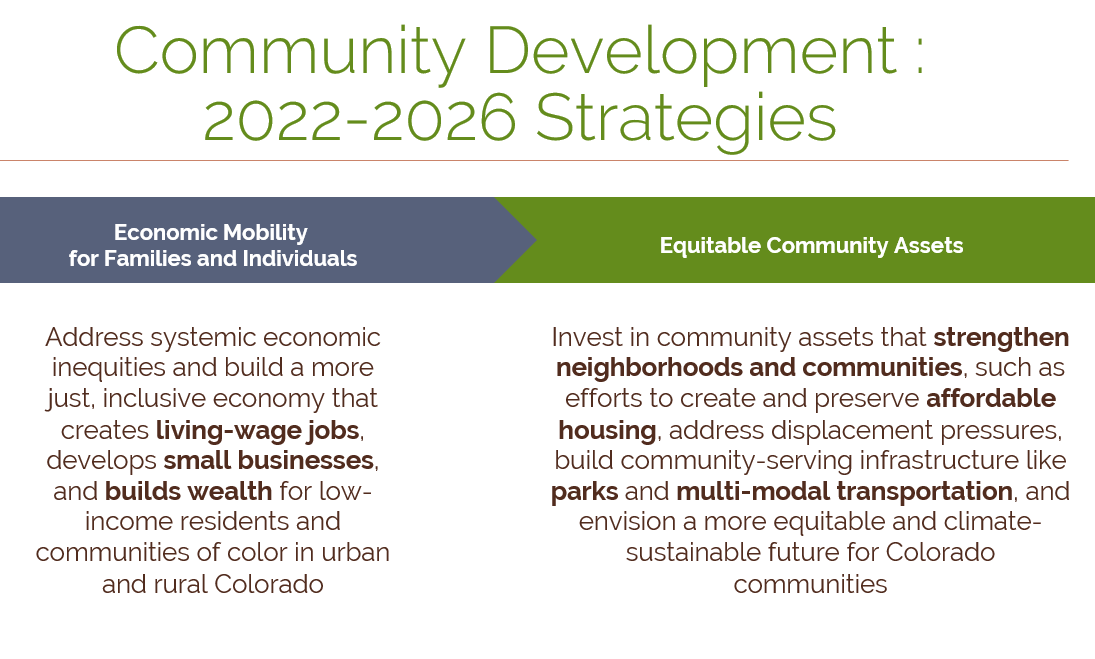

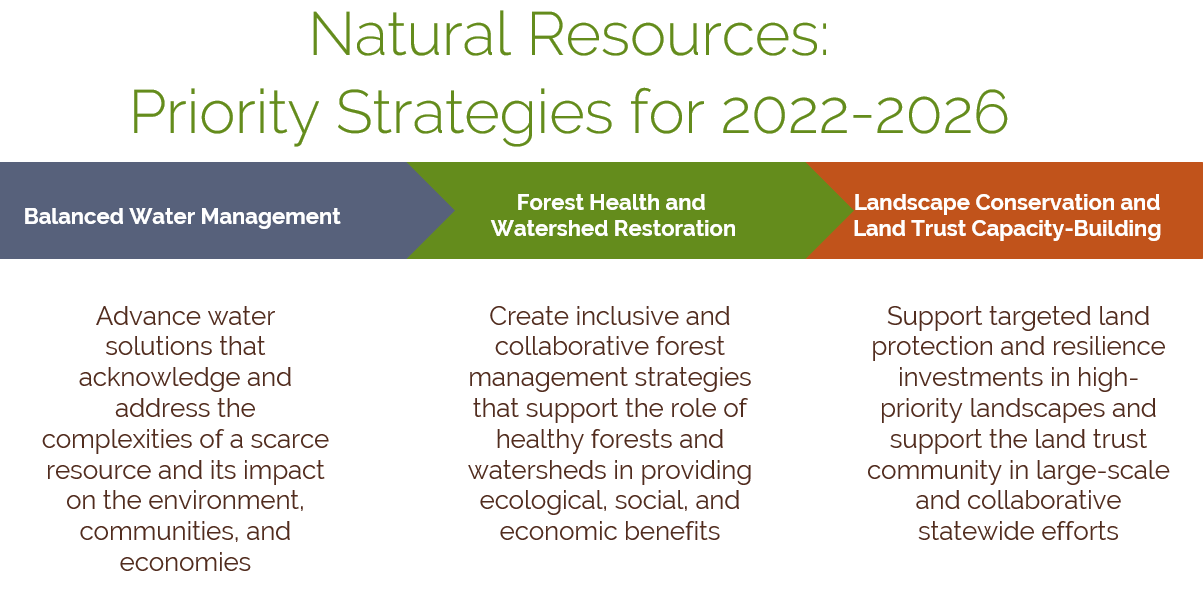
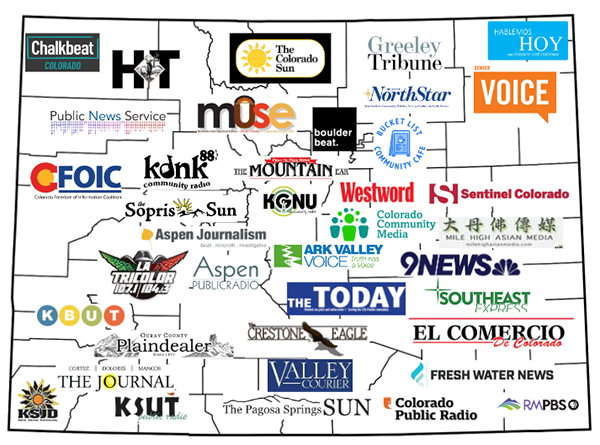 A total of $1,110,956 committed to the
A total of $1,110,956 committed to the 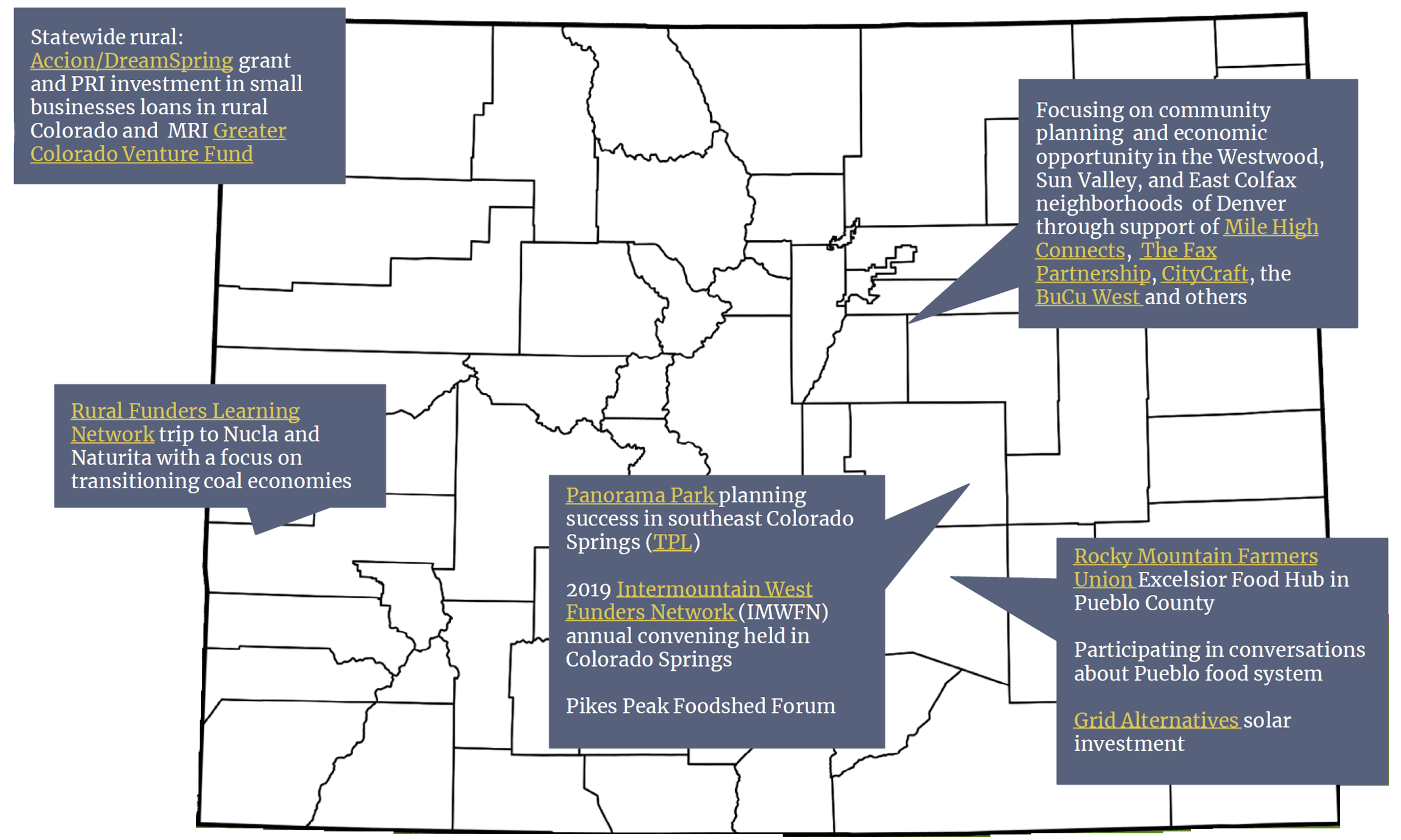 In 2019, the Community Development program committed $932,500 in strategic grants to 13 organizations and $465,000 in responsive capital grants to 12 organizations. New impact investments supporting vibrant communities in 2019 included a $500,000 MRI to
In 2019, the Community Development program committed $932,500 in strategic grants to 13 organizations and $465,000 in responsive capital grants to 12 organizations. New impact investments supporting vibrant communities in 2019 included a $500,000 MRI to 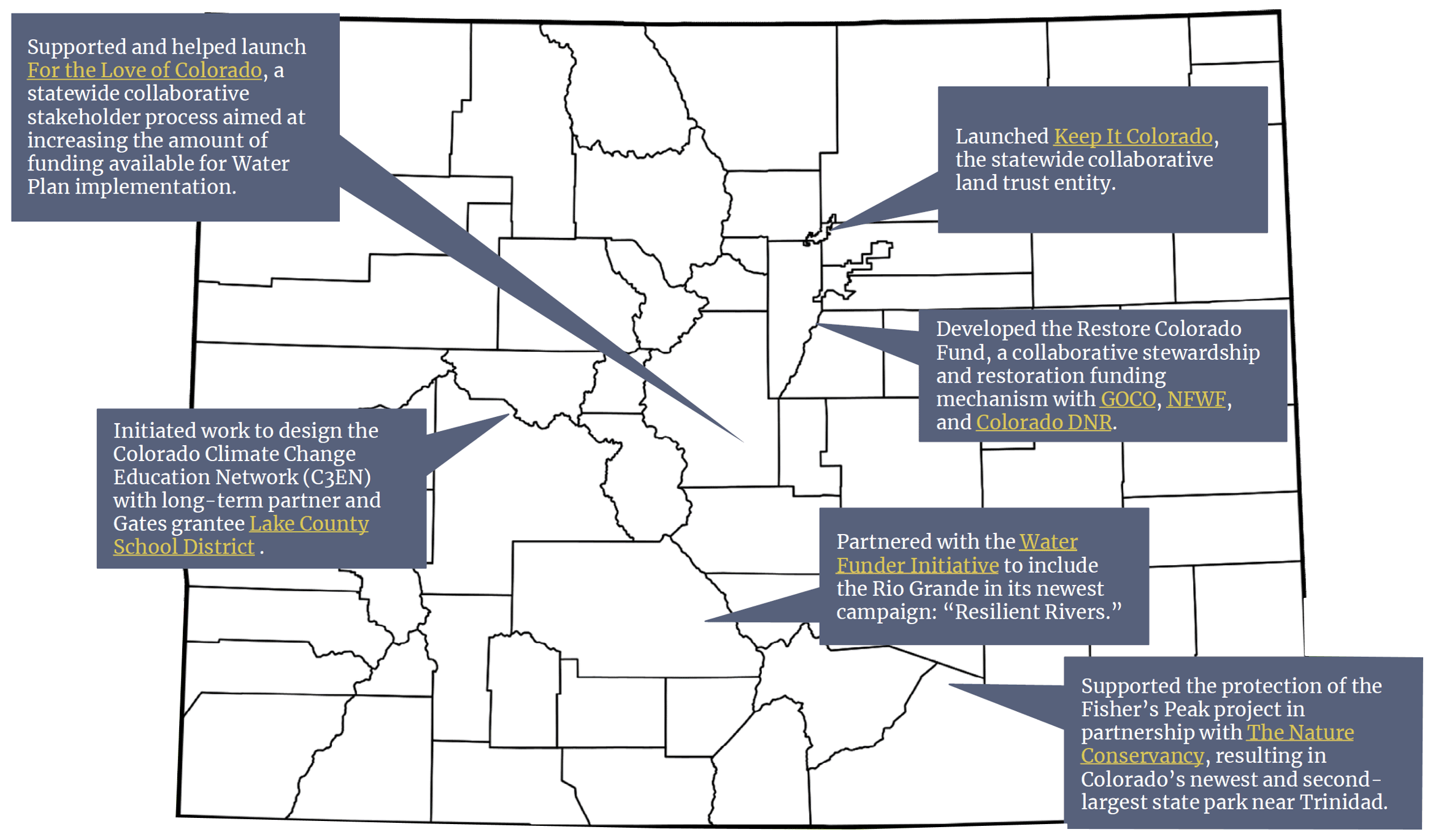 Our Focus Landscapes initiative, a key element of our Natural Resources program, underwent a comprehensive review, revision, and re-launch in 2019. This initiative was launched in 2011 to help Colorado achieve landscape-scale conservation through the protection of private lands in specific geographies. A great deal of progress was made in North Park, southeast Colorado, and the San Luis Valley, resulting in more than 200,000 acres of farm and ranch lands conserved, along with their associated ecological values. The strategic review process was done in close partnership with the land trust organizations representing those geographies, providing lessons-learned and an exploration of emerging opportunities. The revised Focus Landscapes initiative will first focus on two geographies:
Our Focus Landscapes initiative, a key element of our Natural Resources program, underwent a comprehensive review, revision, and re-launch in 2019. This initiative was launched in 2011 to help Colorado achieve landscape-scale conservation through the protection of private lands in specific geographies. A great deal of progress was made in North Park, southeast Colorado, and the San Luis Valley, resulting in more than 200,000 acres of farm and ranch lands conserved, along with their associated ecological values. The strategic review process was done in close partnership with the land trust organizations representing those geographies, providing lessons-learned and an exploration of emerging opportunities. The revised Focus Landscapes initiative will first focus on two geographies: 